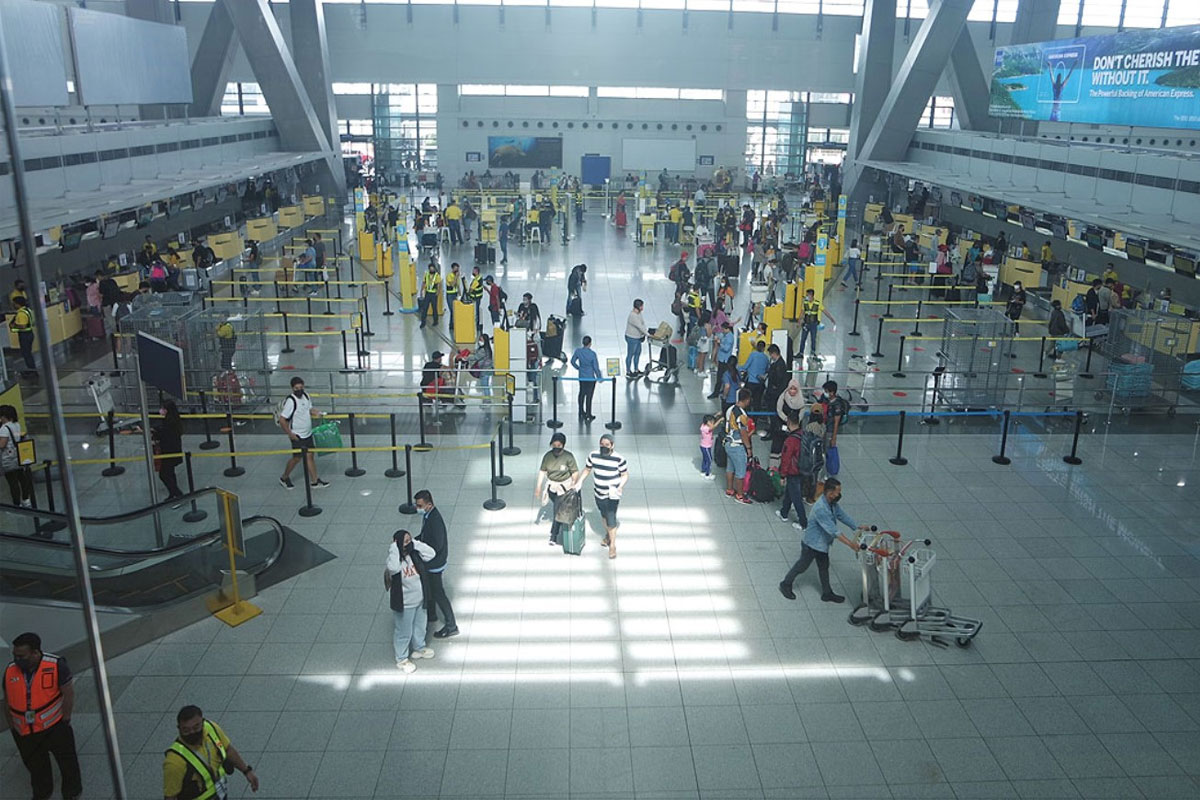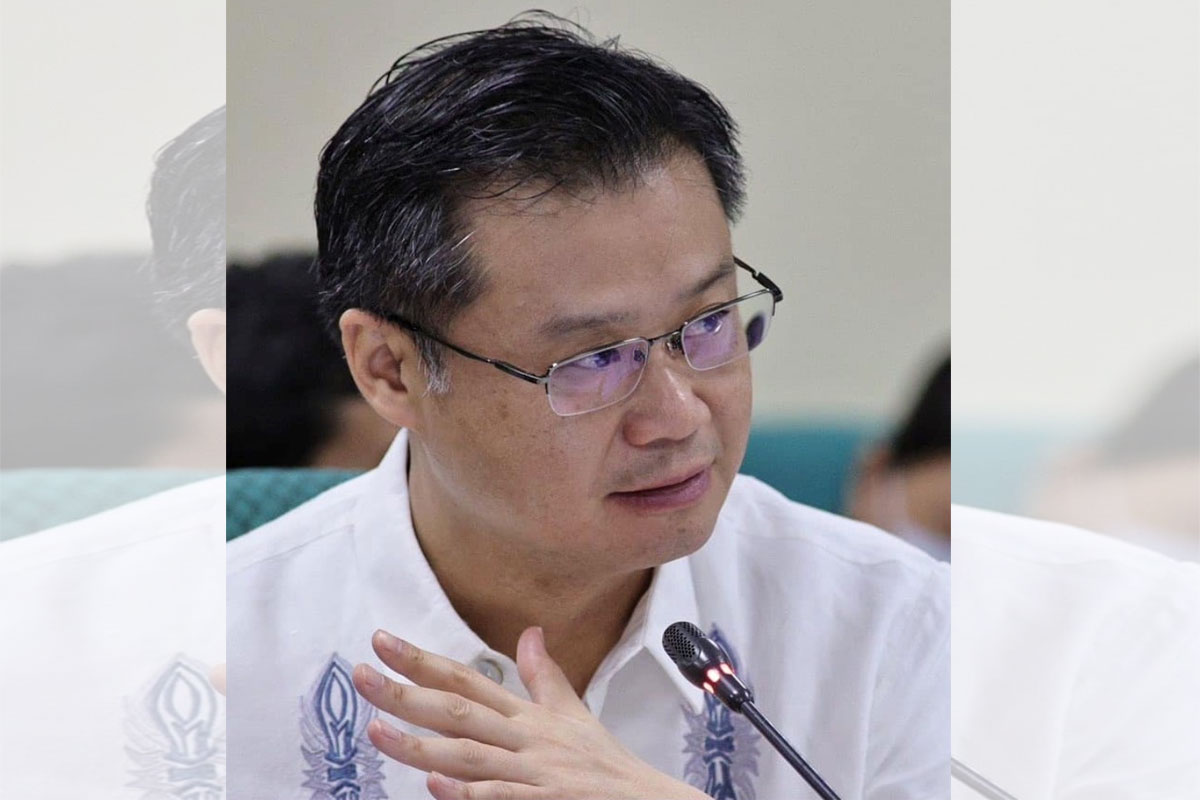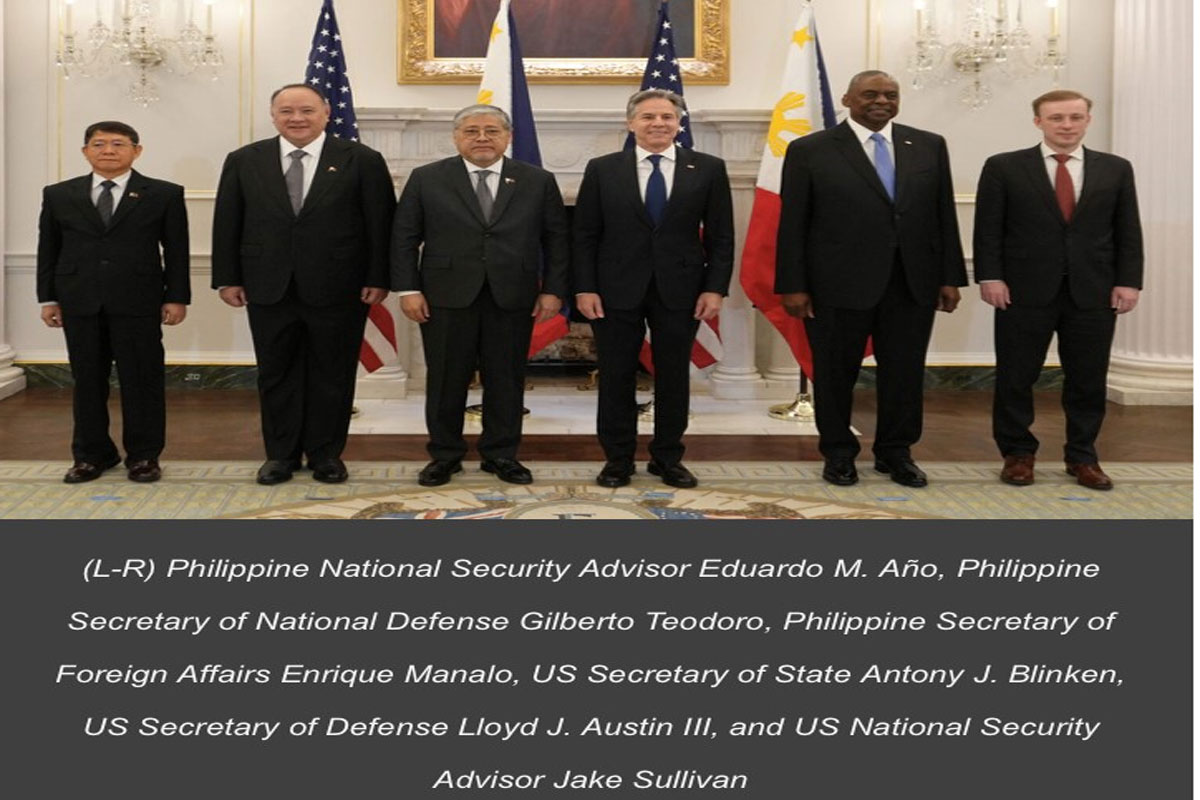
NCAP should impose traffic rules, not raise revenues
 AS one may notice, there is a subtle mind-conditioning for the return of the controversial no contact apprehension policy or NCAP.
AS one may notice, there is a subtle mind-conditioning for the return of the controversial no contact apprehension policy or NCAP.
Reports indicate the Metro Manila Development Authority (MMDA) is already preparing for the reimplementation of NCAP.
MMDA already intends to provide necessary equipment for local government units without NCAP while LGUs with existing NCAP will be looped with the Land Transportation Management System.
It is believed the MMDA wants NCAP implementation not only in QC, Manila, Parañaque and Valenzuela but also in the other 13 cities and towns.
However, the Supreme Court, which ended oral arguments on NCAP on January 24, has not yet released the resolution for the case.
Despite this, the MMDA and the Metro Manila mayors are behaving as if NCAP already got a nod from the SC.
Is this not tantamount to or bordering on court contempt?
Anyway, I won’t be surprised if some quarters are in a hurry to unleash NCAP which generates revenues by hundreds of millions. Many are not just too sure where the proceeds go.
This is why I agree with Batangas Rep. Ralph Recto that the only motivation to reactivate NCAP should only be to impose rules and not to raise revenues.
Earlier, Recto urged Malacañang to look into the development of uniform guidelines for the implementation of NCAP at the national level.
Recto made the statement in reaction to the possible return of the NCAP in April after it was issued a temporary restraining order (TRO) last year.
The policy uses closed-circuit television cameras (CCTV), digital cameras, and/or other gadgets or technology to capture videos and images to apprehend vehicles violating traffic laws, rules, and regulation.
It would be good for Malacañang to order a study that aims to formulate national policy guidelines for this program, Recto said. Crowdsource the ideas, canvass the best practices, and cure it of its weaknesses, he added.
The objective is to have a uniform rule that binds the entire country. As NCAP is getting viral, spreading to other LGUs, the rules must be made clear, so there will be benchmarks as to fines imposed, as well as the limits of ROI (return on investment) of private contractors.
Recto also emphasized that even if judicial roadblocks are lifted, the NCAP should not be resumed until broad consultations are held.
“The national government must look under NCAP’s hood and tweak and treat the program of its defects. So that if they implement it again, there will be no major complaints that the surveillance cameras were used to extort money,” the lawmaker said.
Recto noted that the national guidelines, if drafted, could be further institutionalized by way of legislation, or through an executive order by President Ferdinand R. Marcos Jr.
“In principle, I agree that CCTVs could be a tool to enhance traffic enforcement, to impose rules – that should be the only motivation, and never to raise revenues,” he said.
In August 2022, the Supreme Court issued a TRO against the implementation of NCAP-related programs and ordinances and any apprehensions “until further orders.”
The order also stopped the LTO “and all parties acting on its behalf from giving out motorist information to all government units, cities, and municipalities enforcing NCAP programs and ordinances.”
Transport groups Kilusan sa Pagbabago ng Industriya ng Transportasyon Inc., Pasang Masda, Alliance of Transport Operators and Drivers Association of the Philippines, and Alliance of Concerned Transport Organizations filed the petition against Manila, Quezon City, Valenzuela, Parañaque City, Muntinlupa City, and the LTO.
The groups said the system, which uses CCTVs, places motorists under constant threat of being arbitrarily apprehended remotely and issued notices of violation for alleged traffic offenses committed without any contact whatsoever.
**
For comments, please call or text 09569012811 or email [email protected]
















